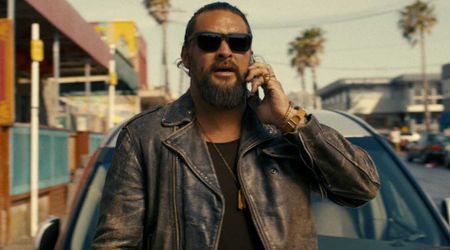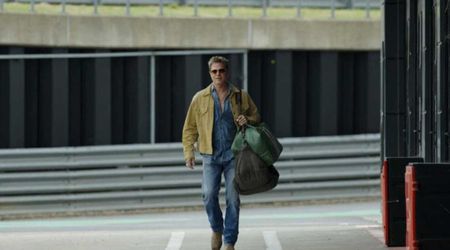'200 Meters' Review: Amid Israel-Palestine conflict, Ameen Nayfeh’s drama explores walls surrounding humanity

Everything is not all right. Mustafa knows.
On the surface, the beautiful Palestinian city of Tulkarm sits sleepily around him. But as he closes his eyes to take a long drag of his cigarette on his balcony, you know he’s worried. You’re afraid for the man, given where he is, and the fact that he’s emptily looking over a wall. But right when you are fearing the worst, he quickly turns back to check if his wife caught him smoking.
RELATED ARTICLES
Israel-Palestine conflict: Joe Biden is yet to reverse Donald Trump's pro-Israel policies
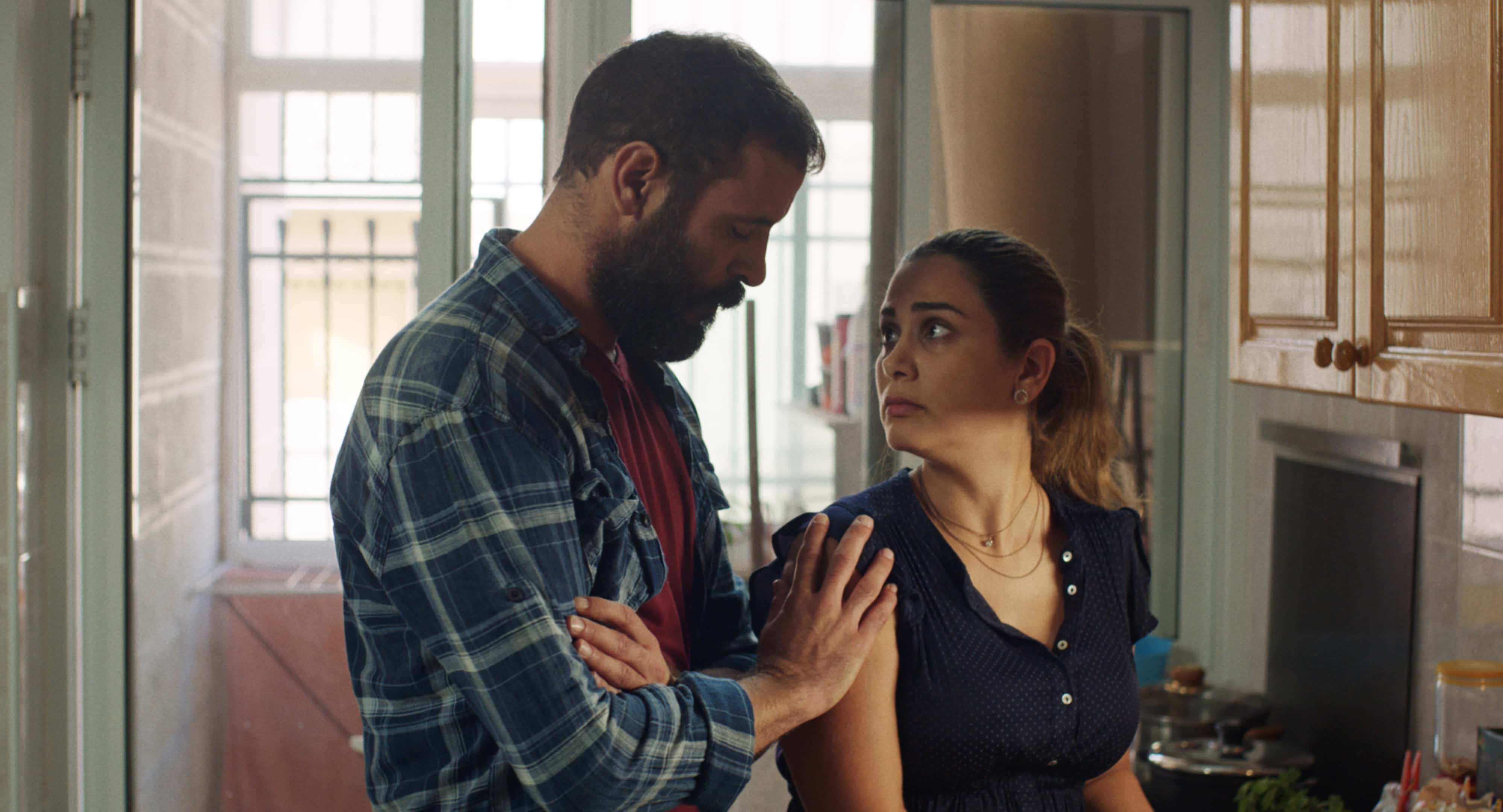
And that’s what’s special about Ameen Nayfeh’s ‘200 Meters’. It’s not a war story. It’s a story about a family surrounded by war. And it’s so realistically told, especially at a time when Israel and Palestine are in a violent conflict, it’s hard to watch without a few smiles, even with the knowledge of an invisible, all-encompassing enemy that shadows the land, but is barely visible on-screen.
It is one of many stories of Palestinian families who live along the West Bank, whose lives and worries are just like ours, with love and food and parental decisions. But Mustafa (Ali Suleman), Salwa (Lana Zreik) and their three children have to make peace with a situation no family should be a part of. Living 200 meters apart in villages separated by the West Bank wall.
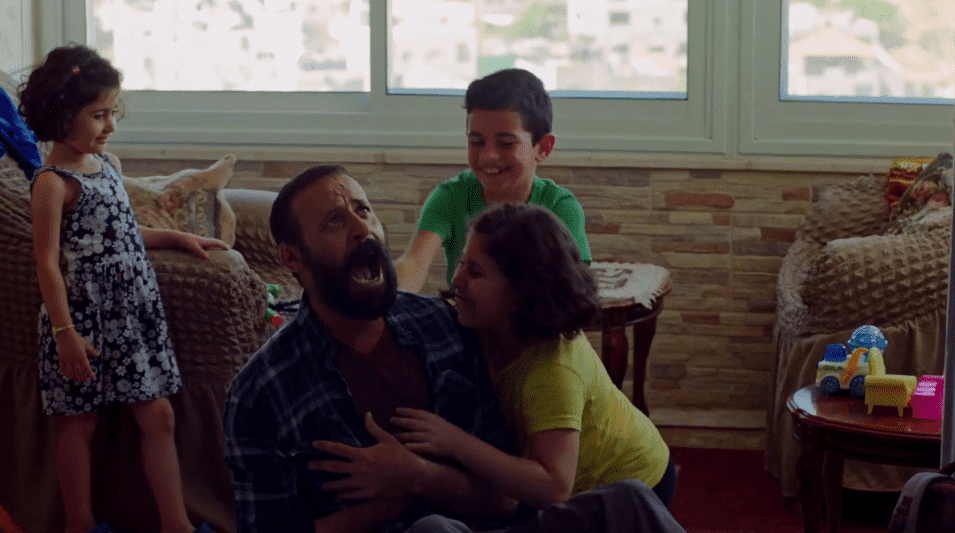
“A forced separation aches a lot,” says Nayfeh. His film shows that ache. While giving her husband a back massage, Salwa gets up to bring some heated olive oil and mint. Mustafa longingly stretches his arm towards her as she leaves. He doesn’t want to miss a single moment with her. Or his children. A doting father to young Noora, Majda and Maryam, who he lovingly dubs “Maryoom”, Mustafa is a family man through and through. So when his son Majda has a car accident one day, Mustafa doesn’t think twice before risking it all and smuggling himself 200 kilometers around Palestine to reach his family in Israel.
While on the risky road he meets a motley group of characters, including Rami (Mahmoud Abu Eita), Nader (Motaz Malhees) and Anne (Anna Unterberger), with whom his interactions are sometimes ironic, humorous, and more often, heartwarming. Nayfeh said that credibility was a big issue for him and that all the characters in the movie were either people he had met or heard about.
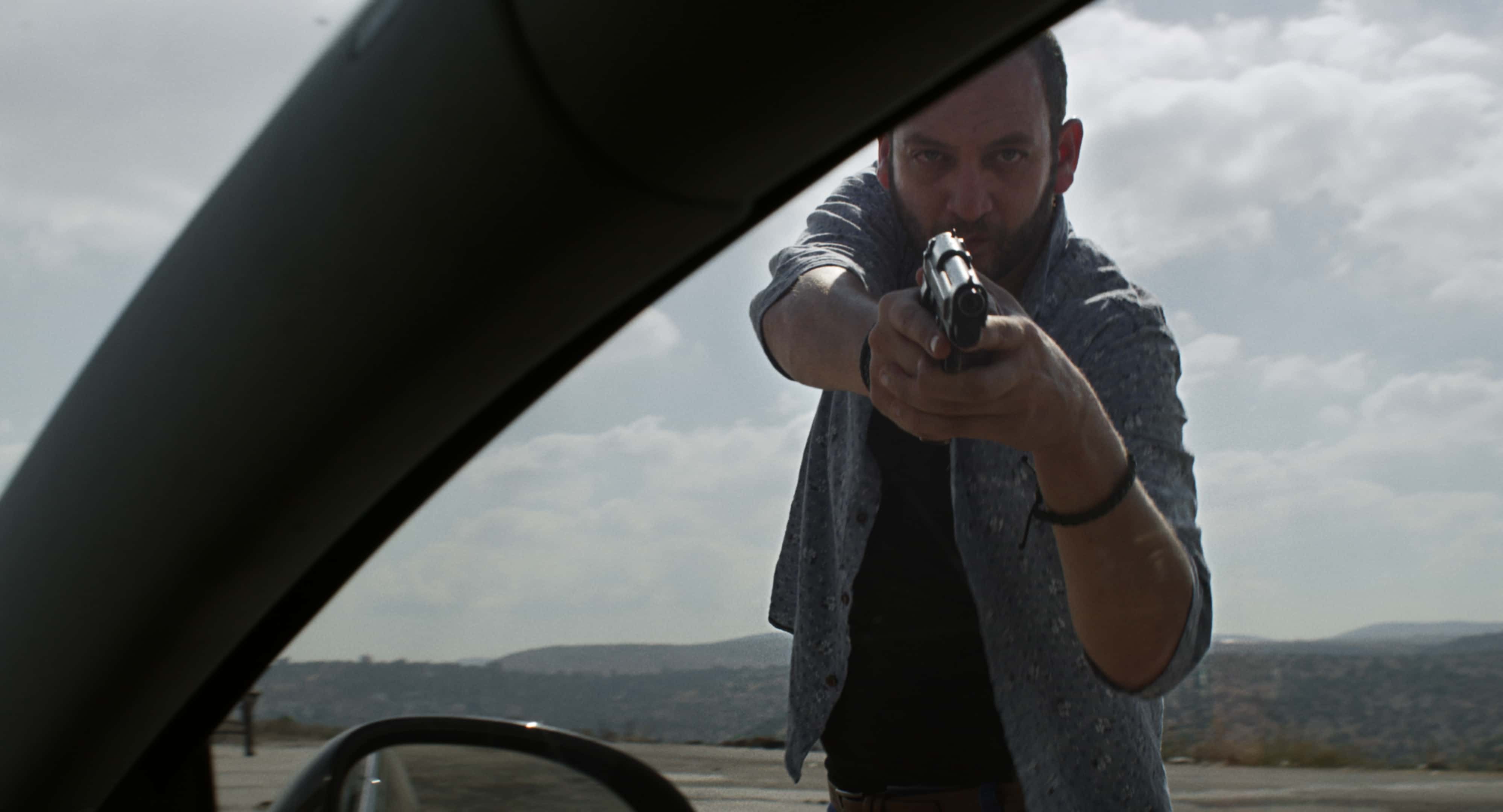
“The characters came to life to create a balance within our absurd realities,” he said. “There is something truly arbitrary about the way we experience apartheid and separation. And yet the experience is both plausible and true, which is where a lot of the irony and humor came from, as well.”
It is this riveting car journey that steers it away from its social drama setting into that of a thriller, when Mustafa joins Rami and Nader in hiding in the boot of the car to cross the border. “I think what it is now is what I wanted to do — to have this mix of genres,” he said in an interview with The National News. “The story itself is not one note or tone. It transfers from a social drama into this crazy journey — it was a true representation of the story itself.” Adding to the thrilleresque turn is Anne, the German filmmaker who serves as a vessel to answer some of the film's most important questions which don't jut out as obvious.
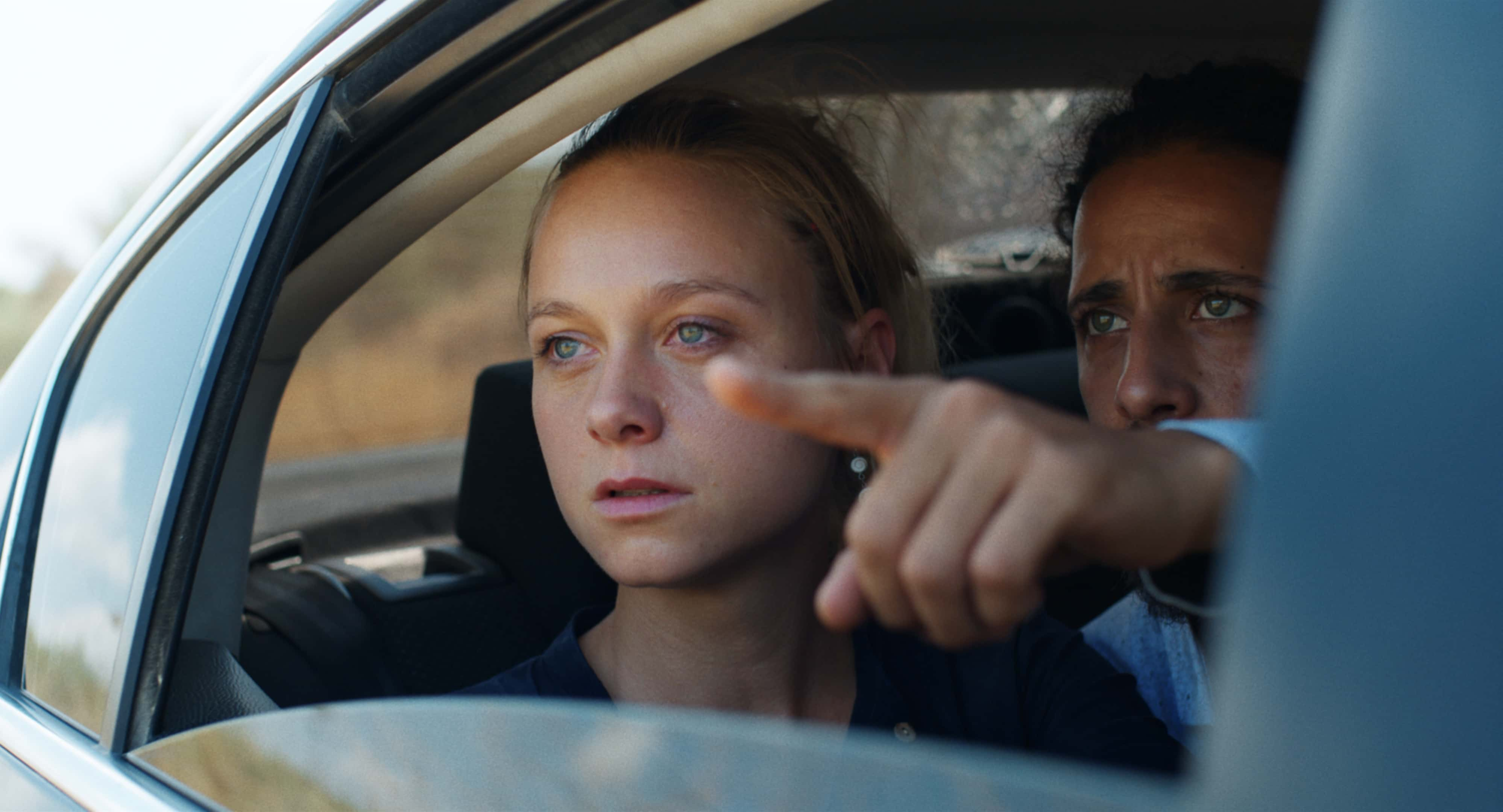
Stringing the story along is the starting scene from Mustafa's balcony, where the best of Suliman's satisfyingly layered performance takes place as he uses light signals to communicate with his family on the other side. No reasons for the family's separation are dwelt upon.
Mustafa carries a somewhat disproportionate emotional burden compared to his wife, who works two jobs and thinks their separation is in part her husband's fault. But he also feels the more palpable pleasure of wrestling, laughing and playing doctor with his kids, spending time with them and being the best father he can be. The balcony becomes his place to keep the 'fun' alive for them, where he sits and watches over his family like a sentinel, only 200 meters away.
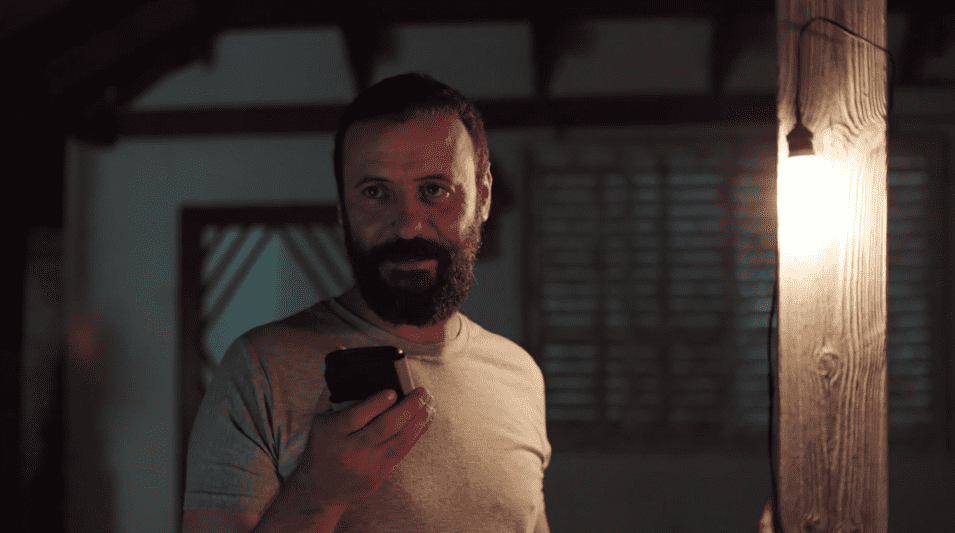
There is a wall separating Israel and Palestine. There is a war that surrounds them. But Nayfeh’s film shows a hopeful inevitability. Families will find one another. And things will be all right.
Watch '200 Meters' at The Human Rights Watch Film Festival, available digitally across the US, from May 19 to 27, 2021. To purchase tickets and access program updates, please visit the website.









